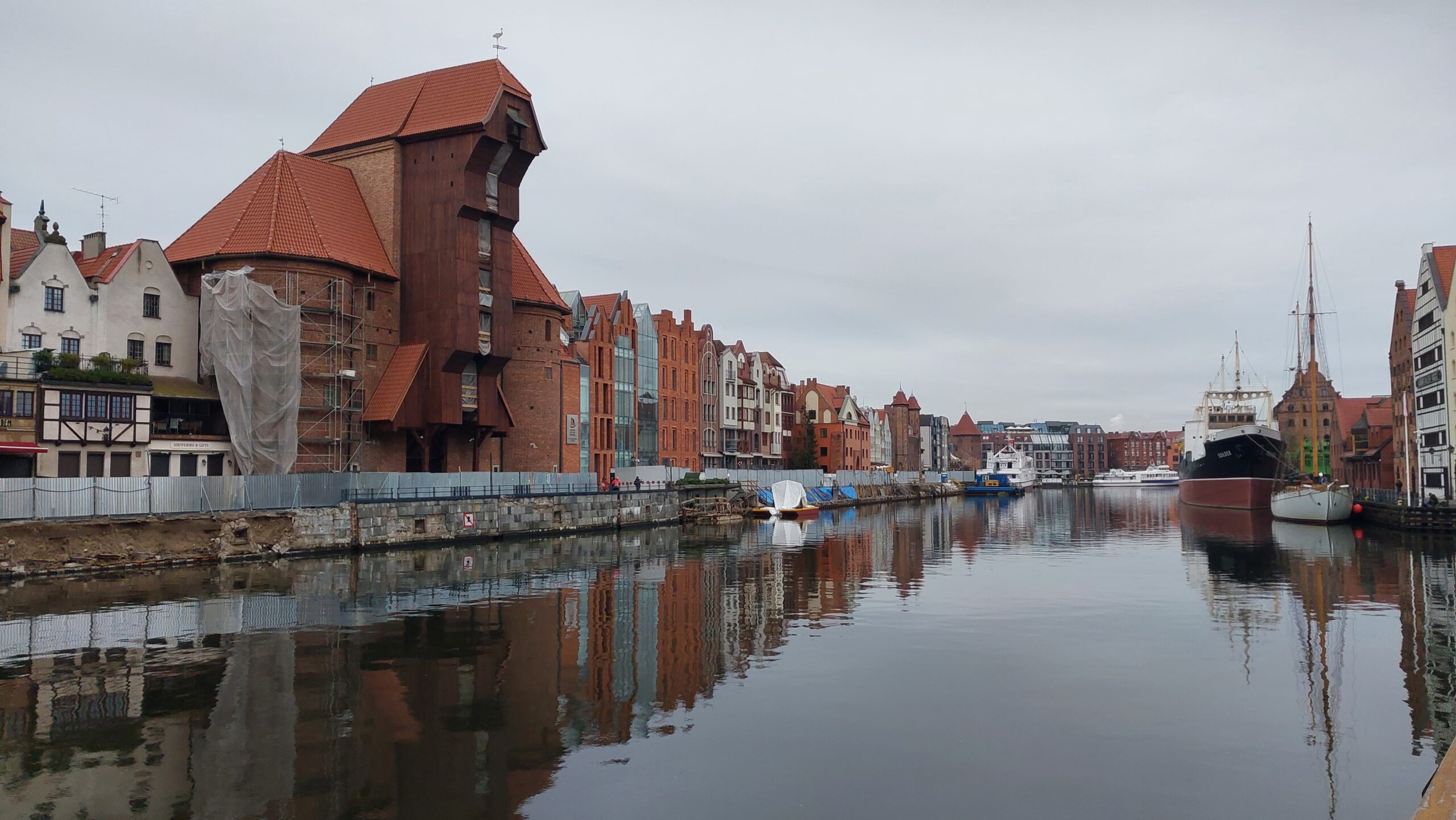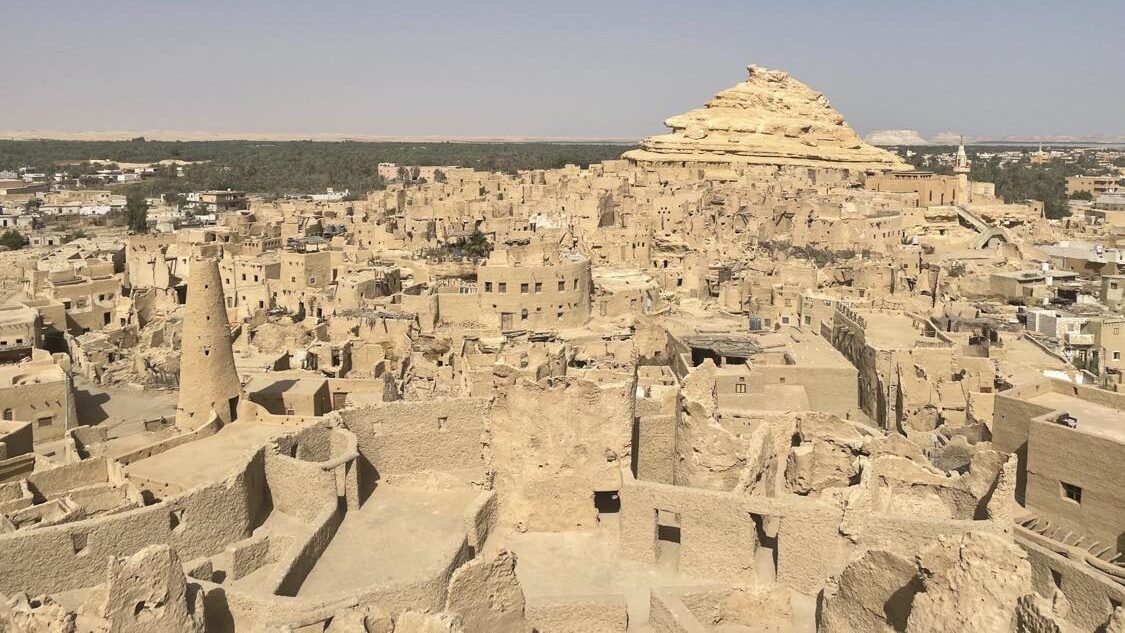Welcome to Egypt, a land where the ancient and the modern seamlessly blend, offering an unparalleled journey through time. From the bustling streets of Cairo to the serene shores of the Red Sea, Egypt is a destination that captivates every traveller’s heart.
Overview
Currency: Egyptian Pound, LE, EGP
Capital City: Cairo
Average Summer Temperature: 32°C
Average Winter Temperature: 14°C
Plug Type: 220V Type C and F (The Same as Europe)

Arriving
Cairo Airport is the main airport of Egypt. There is also a new airport in Cairo called Sphinx Airport, although as of our last visit (June 2024) it was largely unfinished. We had some difficulties when flying from Sphinx, so we would recommend Cairo if you have a choice between the two. Hurghada, Sharm El Sheikh, and Marsa Alam are all also major airports, whilst Luxor is more difficult to reach internationally.
Visas are available either on arrival or through an e-Visa. Either way, they will cost $25. Visas can be paid for in USD, GBP, or EUR once arriving, though bear in mind that queues can be long. Be aware that there will be people offering you a “fast-track” service for an extra $20 each. If you are paying more than $25 per Visa, you are in the wrong place. There should be large signs above the places where visas can be purchased.
Sim Cards can be purchased at the airport, and coverage is good throughout Egypt. I personally used my Voxi sim card, where I can pay for an add-on to get coverage in Egypt, though this comes out slightly more expensive.
If arriving at Cairo airport, there is a shuttle service that will take you to the city centre for LE35. However, any other airport will require a taxi transfer. This will likely be your first experience with the often dreaded haggling. It’s often a good idea to check online what sort of prices you should be paying for a transfer before getting involved with this. A taxi from Cairo Airport to the city centre should cost you around LE500, despite what the drivers may tell you.
Money
Most places in Egypt will only accept cash, but paying by card may be available in some places. I use Monzo when travelling abroad, and my Monzo card worked fine at any National Bank of Egypt ATM without any extra fees. Check with your own bank for any fees when using ATMs abroad.
Egypt is currently in a foreign currency crisis, resulting in many places asking for payments in USD, GBP or EUR. The reason being, if you pay in a foreign currency, this can be later sold by them on the “black market” for a higher price. We encountered this more noticeably when trying to get a taxi from the airport to our hotel.
Haggling is commonplace throughout Egypt, particularly when it comes to markets and sometimes in taxis. There is plenty of helpful advice online when it comes to haggling, but as long as you are happy with the price you paid for something, consider the haggle successful.
Tipping (or baksheesh) is also commonplace, and is especially expected of foreigners. Try to keep hold of your smaller notes for tipping. Generally, you’ll want to tip around LE10 to attendants, for example at tourist sites. Tip 10-15% at restaurants, and 5% in taxis. You may be told your tip is “too small” or “nothing,” but don’t let them push you into tipping more if you don’t want to.
Getting Around
We, and many others, would highly advise against driving in Egypt. Cairo is utter chaos, and difficult to drive if you’re not used to the conditions, and driving long distances across the country will often be met with military checkpoints refusing your entry. Besides, hiring private drivers is usually incredibly cheap, and your hotel may even recommend trusted drivers.
Busses will get you almost anywhere you need to go, though they can often be delayed. Visit Bookaway for more detailed information on busses, as well as booking options. (Note that the Bookaway link is an affiliate link. We will receive a commission on any purchases made through the link).
Trains are a good option when travelling between Alexandria, Cairo, Luxor and Aswan. You can find the train schedules on the Egypt National Rail Website.
Taxis are incredibly cheap, but overcharging is common. Make sure to agree on a price before entering a taxi, or insist that they use the metre. If they say their metre is broken, they’re lying. Uber is used in Cairo and Alexandria, though caution should be taken as drivers often insist on you paying a higher price off-the-app.
Health and Safety
Always use bottled water for drinking and brushing your teeth. Do your best to avoid foods that have been washed with water, such as fruits without the skin on. Food poisoning is very common (we both suffered with it), so make sure to drink lots of (BOTTLED!) water and rest as much as you can if you come down with anything.
Egypt is incredibly hot, especially in the summer, so it is advised to wear a hat and drink a lot of water to avoid heat exhaustion. If you are susceptible to sun burn, make sure to bring some good sun screen.
Crime is relatively low in Egypt, as punishment is harsh. As long as you are sensible, you are generally safe. LGBTQIA+ travellers should remain cautious; homosexuality is not technically a crime, but homosexual acts in public are illegal. Terrorism remains a risk across Egypt, particularly in North Sinai. For more information, visit your government’s travel safety website (HERE for the UK).
Whilst most solo female travellers will travel safely in Egypt, there is a known problem of sexual harassment. This often ranges from catcalling to groping, and almost all female tourists in Egypt report experiencing harassment in some form. Exercise extra caution if travelling alone as a female: dress modestly, sit in the back of taxis, and always stay alert. We found that wearing a fake wedding ring can help keep some unwanted attention at bay.



